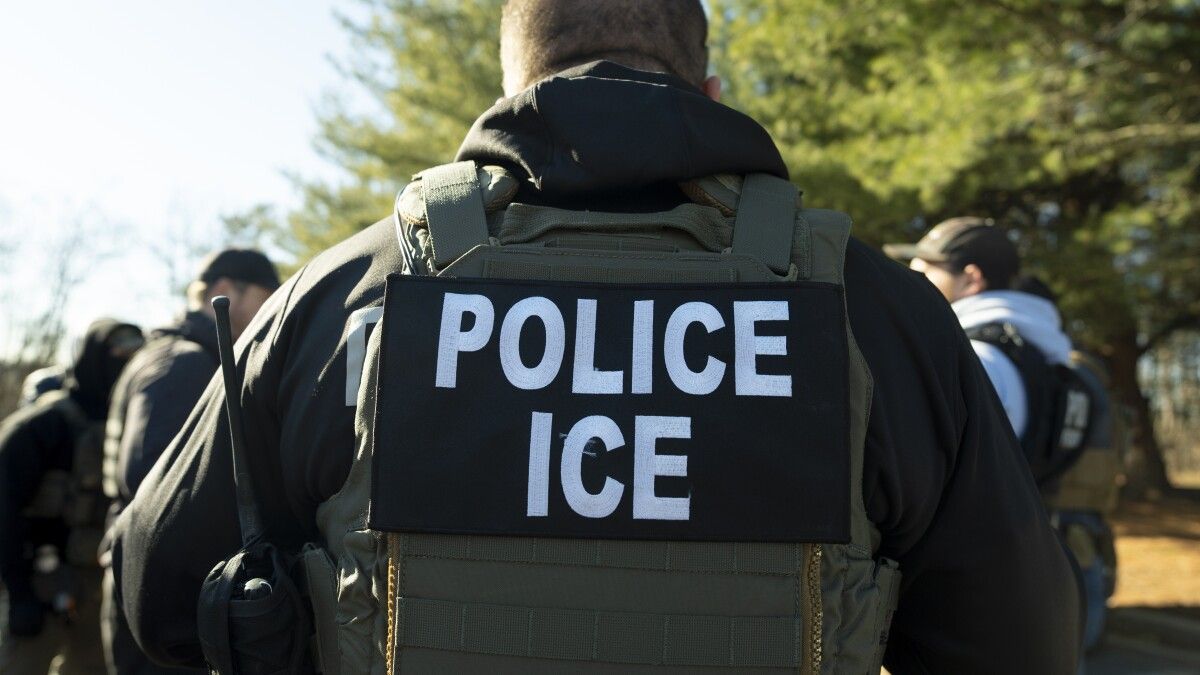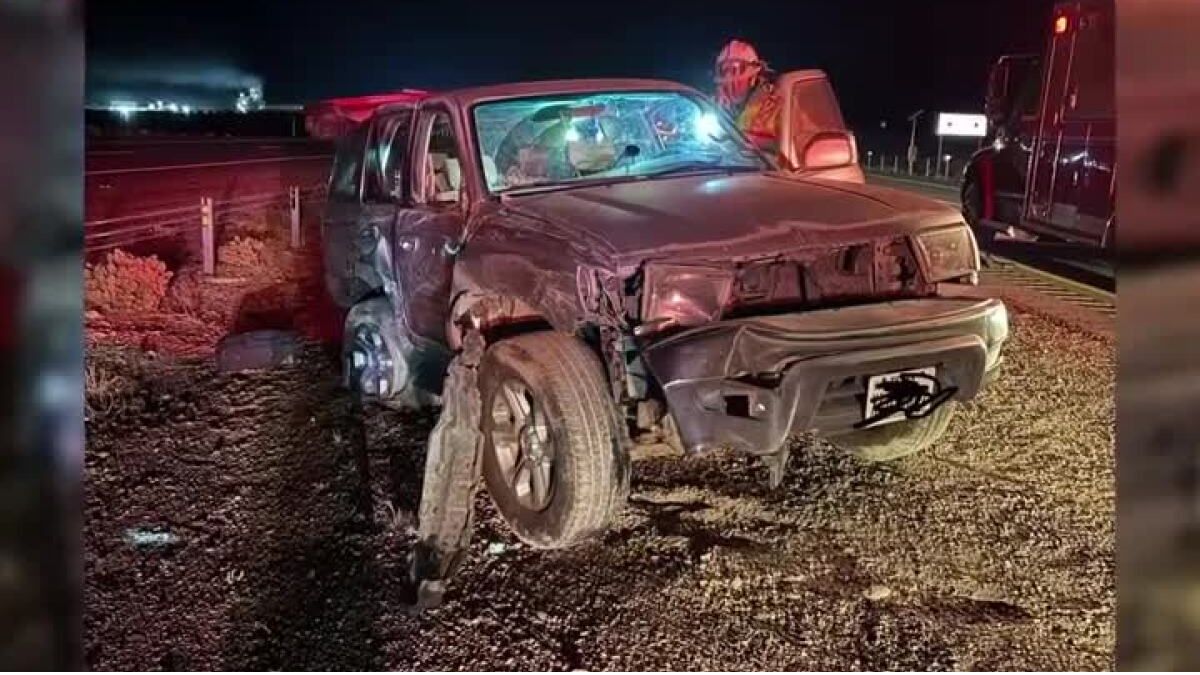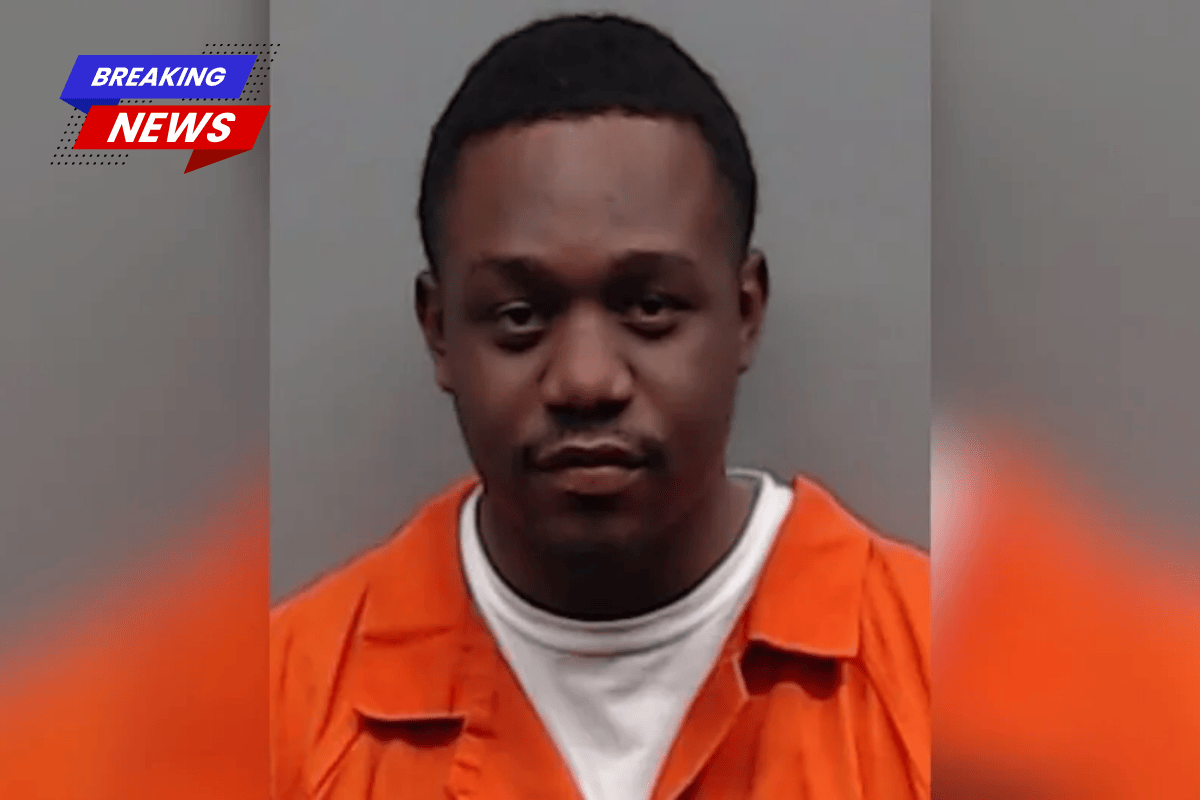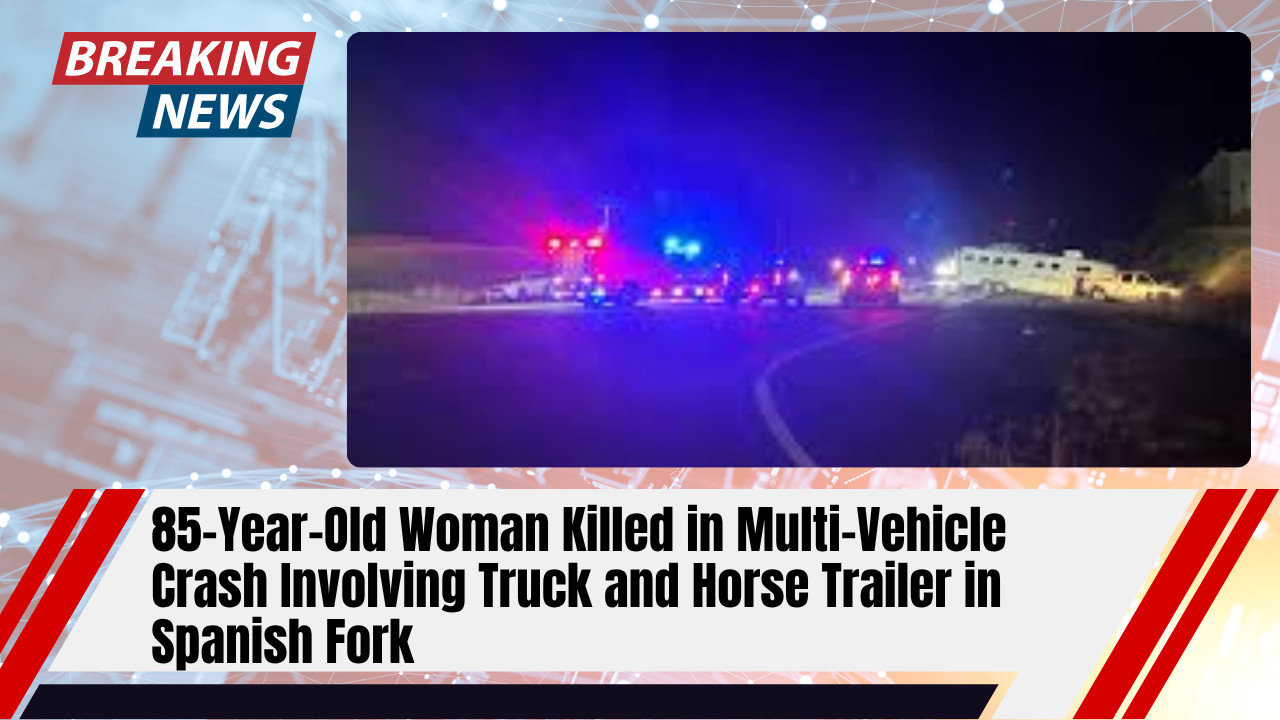On Tuesday morning outside a facility of the Immigration and Customs Enforcement (ICE) in southwestern Colorado, chaos erupted when ICE agents took a family into custody and the Durango Police Department (DPD) attempted to secure the children’s release. The arrests and subsequent protest triggered strong criticism from local immigrant-rights groups and the small town’s residents.
Detention Details: Who’s Involved
ICE later confirmed to CBS News Colorado that the father of the children has been sent to a family-detention centre in Dilley, Texas. The two children remain in an ICE facility in southern Texas, as verified by the Colorado Immigrant Rights Coalition (CIRC) through the children’s call to their mother Wednesday. ICE declined to comment on the detention of the two children specifically.
A Protester’s Account of Force
In a widely viewed video, a masked agent took the phone of 57-year-old protester Franci Stagi while she was recording the scene. When she tried to retrieve it, she says, the agent threw her to the ground and placed her in a choke-hold. The agent is only identifiable by a vest patch reading “POLICE” next to a badge.
Stagi recounts:
“I was videotaping this ICE agent… and I said to him … ‘what would Jesus do?’ … then he flipped out… Then he grabbed me by the hair and he lifted me off the ground…”
She described herself as a 5 ft 2 in waitress, concerned especially about the children in detention — the original cause of the protest.
The Family and the Community
The arrested family includes father Fernando Jaramillo‑Solano (45), from Colombia, who illegally entered the U.S. on December 22, 2024, near San Diego. ICE says he is not accused of any violent crime. Community-based immigrant support group Compañeros: Four Corners Immigrant Resource Center notes that Jaramillo-Solano works three jobs and his children are part of their after-school programme — marking the family as active members of the local area.
Around 50 protesters gathered outside the facility after word spread of the family’s arrest.
Local Police & Federal Operations
According to the city’s joint statement, Durango police requested multiple times that the children be released to their mother. On Tuesday, officers responded to a welfare check after receiving a report that one of the children might have been in distress — but federal agents denied entry to the building.
Durango’s Police Chief Brice Current emphasized the department’s role:
“While we have a sworn responsibility not to interfere with federal operations, our department advocated for the children’s well-being. … Our duty is not only to uphold the law, but to preserve our humanity.”
Calls for Investigations and Questions of State Role
The Colorado Immigrant Rights Coalition is demanding an investigation into alleged excessive force by ICE agents and a review of any local cooperation with ICE, particularly the involvement of state troopers.
The Colorado State Patrol (CSP) said its troopers responded to the protest at the request of local law enforcement; they said no weapons or chemical agents were deployed, and that they did not assist in immigration enforcement.
Under Colorado law, state and local agencies are generally prohibited from aiding federal immigration enforcement — raising concerns among immigrant-advocacy groups about the level of coordination.
Governor’s Response
Jared Polis, Governor of Colorado, expressed deep concern over the detention of the father and children, saying that ICE did not notify state officials about the operation. He criticised the federal government’s lack of transparency and argued that it should focus on detaining dangerous criminals — not splitting up families.
Why It Matters
This case draws attention to several pressing issues: the rights of asylum-seeking families, potential use of force by immigration agents, coordination between federal and local law-enforcement agencies, and the question of transparency and accountability in immigration operations. For a community such as Durango — located about 350 miles southwest of Denver and 22 miles north of the New Mexico border — the incident resonated deeply.
The events outside the ICE facility in Durango illustrate the complex, often charged intersection of immigration enforcement, community advocacy, and law-enforcement cooperation. As calls for investigations grow louder, the fundamental concerns remain clear: how families in detention are treated, how local institutions respond, and how justice and compassion can coexist in such operations. The outcome of this case could have broader implications for how similar situations are handled across the country.



